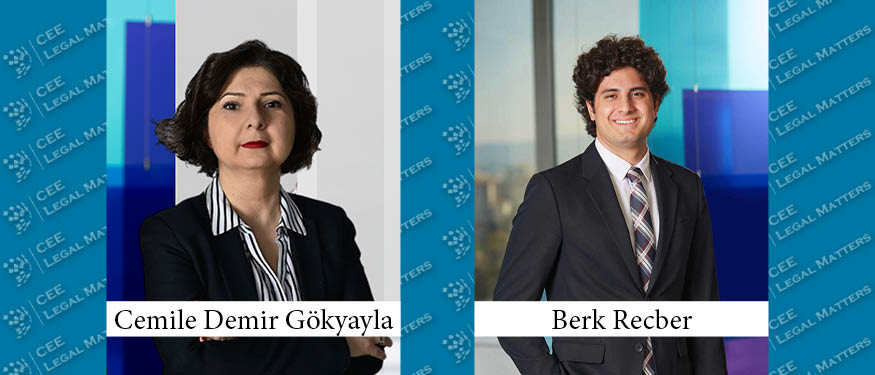Since the parties cannot resort to state courts as long as there is an arbitration agreement (Article 5 of the ICC and Article 413 of the CCP), the parties may be deprived of the right to resort to state courts if the arbitration proceedings take longer than necessary. On the other hand, one of the most important advantages of arbitration is that arbitral proceedings can be completed in a shorter period of time than state courts. Taking these principles into consideration, the legislator has limited the arbitration proceedings to a time limit in the International Arbitration Law and the Code of Civil Procedure.
The sanction for failure to comply with this time limit is the annulment of the arbitral award rendered after the expiration of the arbitration period upon the request of one of the parties (Art. 15(A)(1) of the IAA, Art. 439 of the CCP). There are statutory provisions on the duration of the arbitration and how to extend the arbitration period in the event that the arbitral award cannot be rendered within the time limit (Art. 10 ICC and Art. 427 CCP). These provisions are not mandatory. Therefore, institutional arbitration rules have different provisions on the duration of the arbitration and how to extend the arbitration period (Art. 31(1) of the ICC Arbitration Rules (Art. 33(1) of the Istanbul Arbitration Center (ISTAC) Arbitration Rules). In arbitrations subject to institutional arbitration rules, the duration is determined according to these rules. In Ad Hoc arbitrations not governed by institutional arbitration rules, the provisions of the Law shall apply.
The Court of Cassation held that in arbitrations governed by the CCP, the authority to extend the time limit belongs to the courts of institutional arbitration centers. However, in arbitrations governed by institutional arbitration rules, the Turkish courts do not have the authority to extend the arbitration period
In the arbitration proceedings subject to the Court of Cassation decision, the seat of arbitration was Turkey and the proceedings were conducted in accordance with the Arbitration Rules of the International Chamber of Commerce (ICC). The Court of Arbitration of the International Chamber of Commerce granted 18 extensions of time in accordance with the ICC Arbitration Rules. The award was rendered within the time limit set by the Court. During the arbitration proceedings, the claimants requested additional time from the Turkish courts pursuant to Article 424 of the Code of Civil Procedure (CCP). However, the fifth request for additional time was rejected by the court. The respondent therefore claimed that the award was not rendered in time and requested the annulment of the untimely award pursuant to Article 439 of the CCP. The Regional Court of Justice (RCJ) annulled the award on this ground. The Court of Cassation, on the other hand, held that the extension of the arbitration period in arbitration proceedings subject to the ICC Arbitration Rules is exclusively governed by the ICC Arbitration Rules. The Court of Cassation stated that Article 424 of the CCP, which regulates the procedure for the extension of the arbitration period, is not a mandatory provision and that the parties may make a different arrangement on the extension of the arbitration period. The Court rejected the request for annulment of the arbitral award as it was rendered within the additional period granted by the ICC Court.
This decision of the Court of Cassation is very important for implementation. After this decision, in arbitrations subject to institutional arbitration rules, if the parties cannot agree on the extension of the term, the term will be determined according to the institutional arbitration rules (ICC Rules of Arbitration Art.31(1) Istanbul Arbitration Center Arbitration Rules Art.33) In this case, a decision of the Turkish courts to grant or deny an extension of time will not determine the time limit for the arbitration. Accordingly, there is no need to request an extension of time from the Turkish courts in ongoing arbitrations subject to the ICC and ISTAC Arbitration Rules. In ad hoc arbitrations that are not subject to institutional arbitration rules, if the parties cannot determine the duration of the arbitration by agreement, the courts are exclusively authorized to determine the duration of the arbitration (Article 427 of the CCP and Article 10 of the IAA).
By Cemile Demir Gökyayla, Partner, Berk Recber, Trainee, KP Law


